MP: Hezbollah weapons ‘internal matter’ amid US pressure to disarm
A lawmaker from Lebanon’s Hezbollah movement says the group’s weapons are an “internal matter,” pushing back against mounting pressure from the United States, which is calling on Lebanon for the disarmament of the resistance group.
Ihab Hamadeh, in an interview with Al Araby Television Network on Wednesday, reiterated that the question of the Lebanese resistance’s arms is strictly a domestic issue to be discussed with the government in Lebanon as part of a “defensive strategy.”
“The issue of weapons is an internal matter, and we are prepared to discuss the issue as part of a defensive strategy to ensure Lebanon's security. It is a Lebanese issue and does not relate to any external factor,” he stressed.
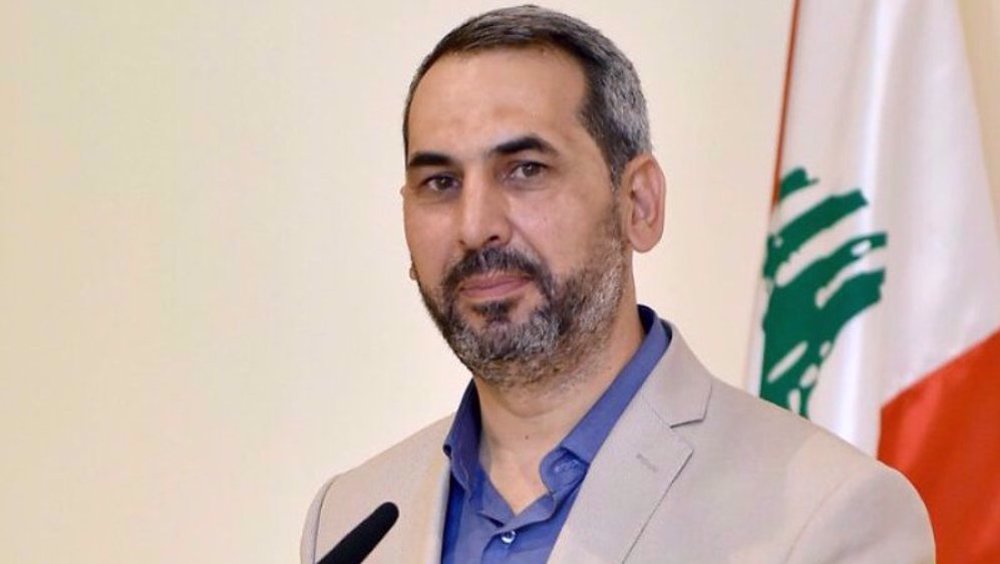
His remarks came a day after Reuters, citing an unnamed “senior Hezbollah official”, claimed that Hezbollah is willing to discuss its arms on the condition that Israel halts its aggression and withdraws from the remaining occupied areas in southern Lebanon.
Hamadeh stressed that “Hezbollah does not have sources,” emphasizing that official positions are only communicated “in an official manner”, stressing that the matter is “a Lebanese issue and does not relate to any external factor.”
The Hezbollah lawmaker also affirmed the group’s readiness to engage in discussions aimed at protecting Lebanon, noting this stance has long been reflected in official government statements.
Hamadeh further underlined that the occupying regime has violated the ceasefire agreement with Lebanon more than 3,000 times, restating Hezbollah’s readiness to discuss a defensive strategy that guarantees the protection and defense of Lebanon,” provided it addresses necessary conditions and details and gains the trust of the Lebanese people.
The conditions include an end to ongoing Israeli violations of the November 2024 ceasefire agreement, which is based on UN Resolution 1701. The resolution requires Hezbollah to withdraw from north of the Litani River and mandates that only the Lebanese army be deployed in the area.
This is while Israel continues its military presence in five border locations and conducts deadly airstrikes, accusing Hezbollah of non-compliance and the Lebanese army of insufficient enforcement.
Meanwhile, Washington persists in pressuring Lebanon to disarm Hezbollah, with US envoy Morgan Ortagus, late last week provocatively comparing the group to “cancer” that must be removed entirely.
Hezbollah officials, including Sheikh Naim Qassem, the movement’s secretary-general, maintain that the group keeps strong and committed to resistance, warning that although they are willing to give diplomacy a chance, they will not remain passive if Israel’s violations persist and the Lebanese state fails to act.
“If Israel does not comply and the state does not take the necessary steps, we will have no choice but to resort to other options. If we reach a point where the Israeli actions are nothing but killing, destruction, and occupation, we cannot remain spectators,” Qassem warned earlier this month, shortly after a deadly Israeli strike on Beirut’s southern suburb.
Lebanon has condemned the continued presence of Israeli military forces, viewing it as a violation of the ceasefire agreement and the established timeline for withdrawal. Senior officials in Beirut have expressed their commitment to take "all necessary measures" to remove the occupying troops from the nation.
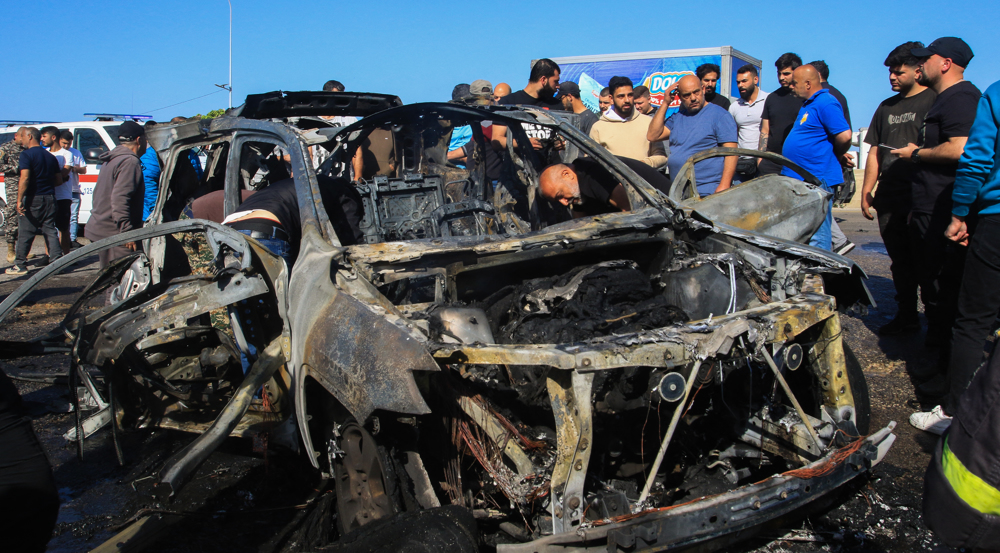
Israeli airstrikes kill at least two in southern Lebanon: Health officials
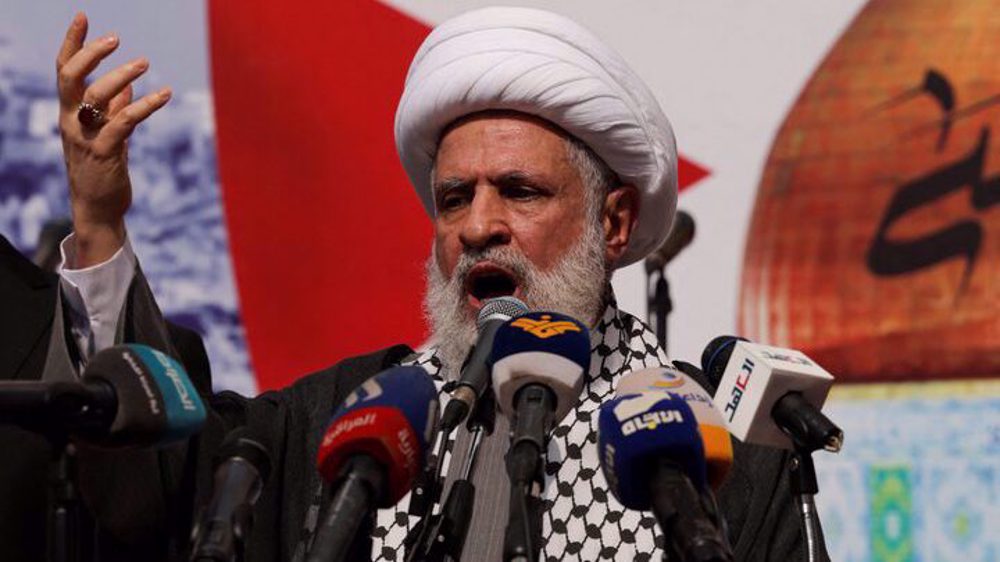
Hezbollah chief to Israel: 'We have our options and we fear nothing'
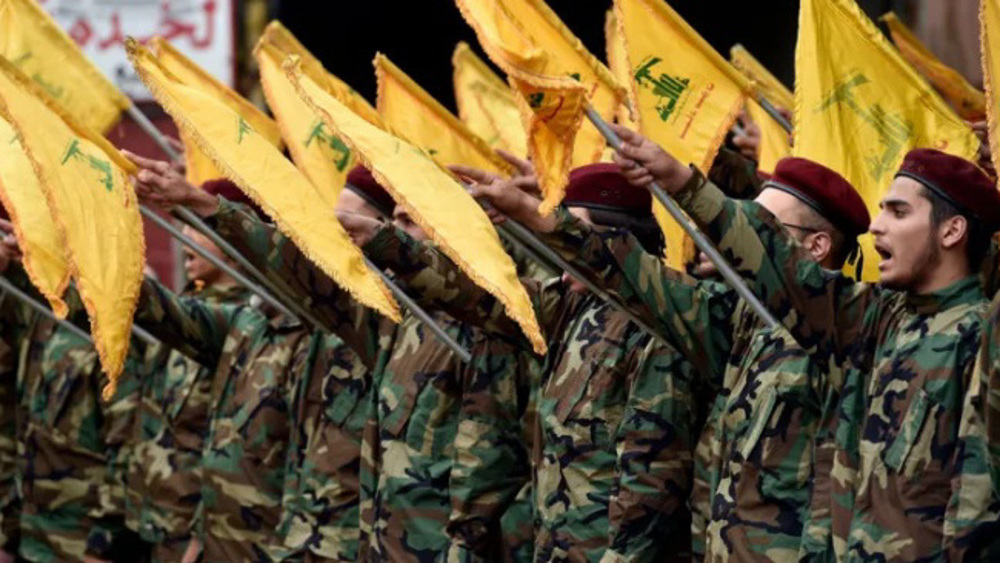
'No force can disarm us': Hezbollah official
VIDEO | Exclusive: Yemeni eyewitnesses say US warplanes targeted civilians in their homes
VIDEO | Press TV's news headlines
‘Guardians of Revolution’: IRGC warns enemies it is at ‘peak of all-out readiness’
Microsoft collaboration in Gaza genocide
VIDEO | Senior Hamas-allied leader killed in Israeli drone strike south of Beirut
Syria arrests Islamic Jihad officials after US ties sanctions relief to ban on Palestinian groups
Gaza children dying not only from bombs, but hunger: Health Ministry
Israeli strikes kill nearly 10 Gazans, including two children, in new aggression


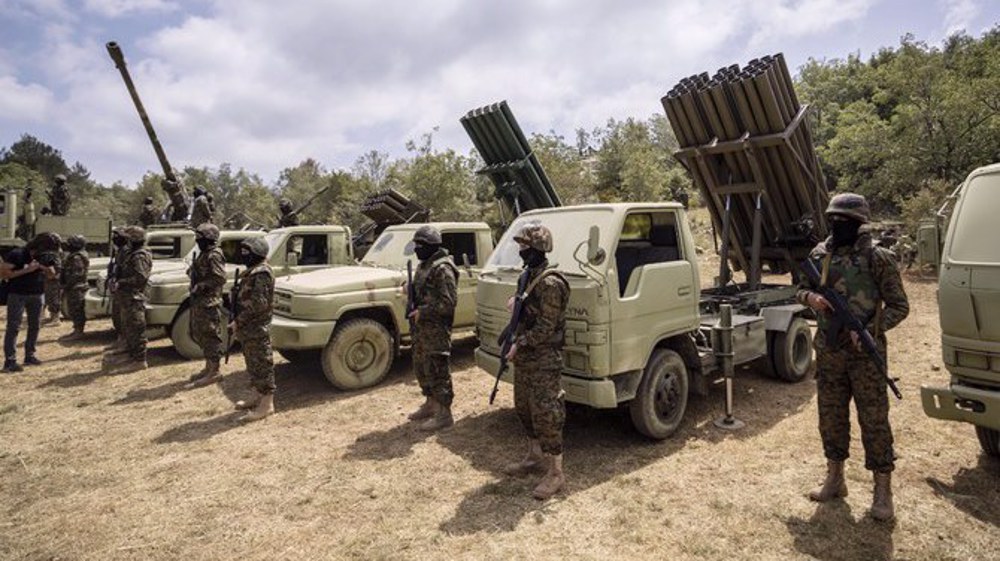
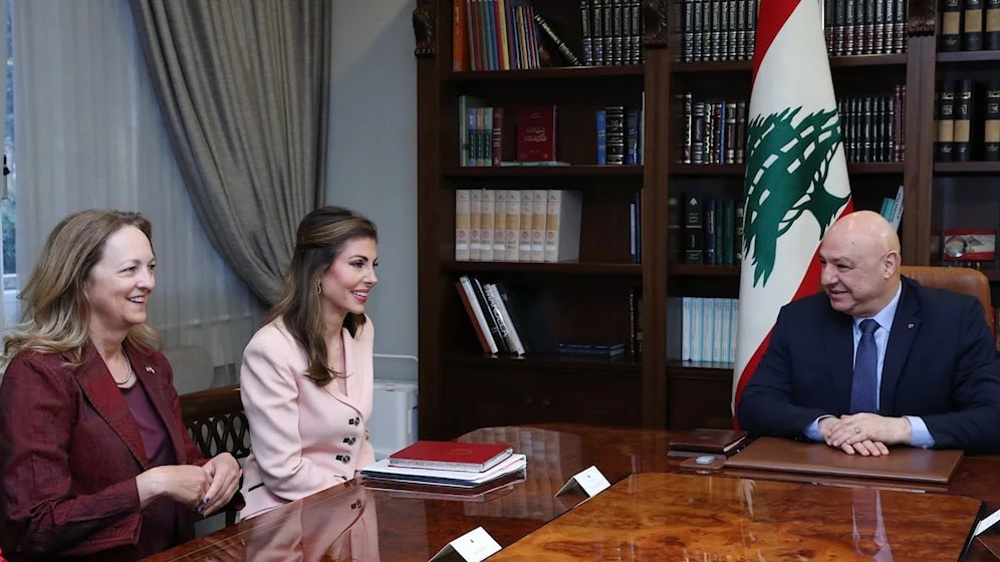




 This makes it easy to access the Press TV website
This makes it easy to access the Press TV website